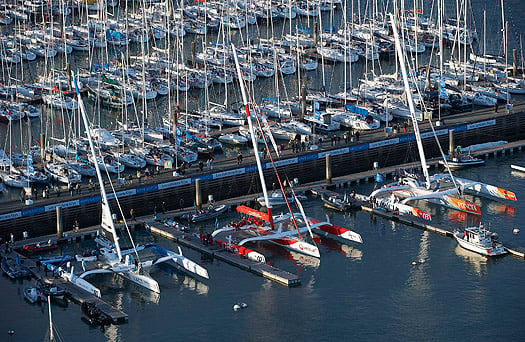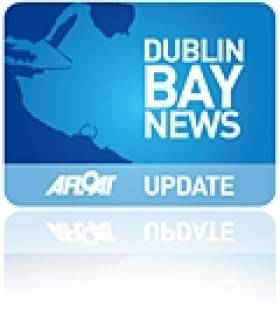Displaying items by tag: John McKenna
Dun Laoghaire Earmarked For Stop on First MOD70 Euro Tour
#DUBLIN BAY NEWS - The inaugural European Tour for the MOD70 trimaran class is set to come to Dublin next summer, pending agreement with the relative authorities in January.
The Irish Times reports that the National Yacht Club is at the head of efforts to include an event in Dun Laoghaire on the first tour for the new 70-foot design.
But apart from the Dun Laoghaire Harbour Company, there has so far been little support from local or national authorities despite organisers waiving the €250,000 franchise fee.
John McKenna of tour organiser OC Thirdpole says he is determined to ensure Dublin is included, and that costs will be borne by the competing teams.
However, he added: "The tour needs to be assured that it will have a major public occasion in Dublin if it is to commit to coming here."

The MOD 70 fleet – plans are afoot to bring the fleet to Dun Laoghaire and moor them off the National Yacht Club at the Carlisle Pier
As previously reported on Afloat.ie, Dublin Bay welcomed its first MOD70 earlier this year when yachtsman Roland Jourdain tested his Veolia Environnement trimaran ahead of the Fastnet Race.
The Irish Times has more on the story HERE.





























































